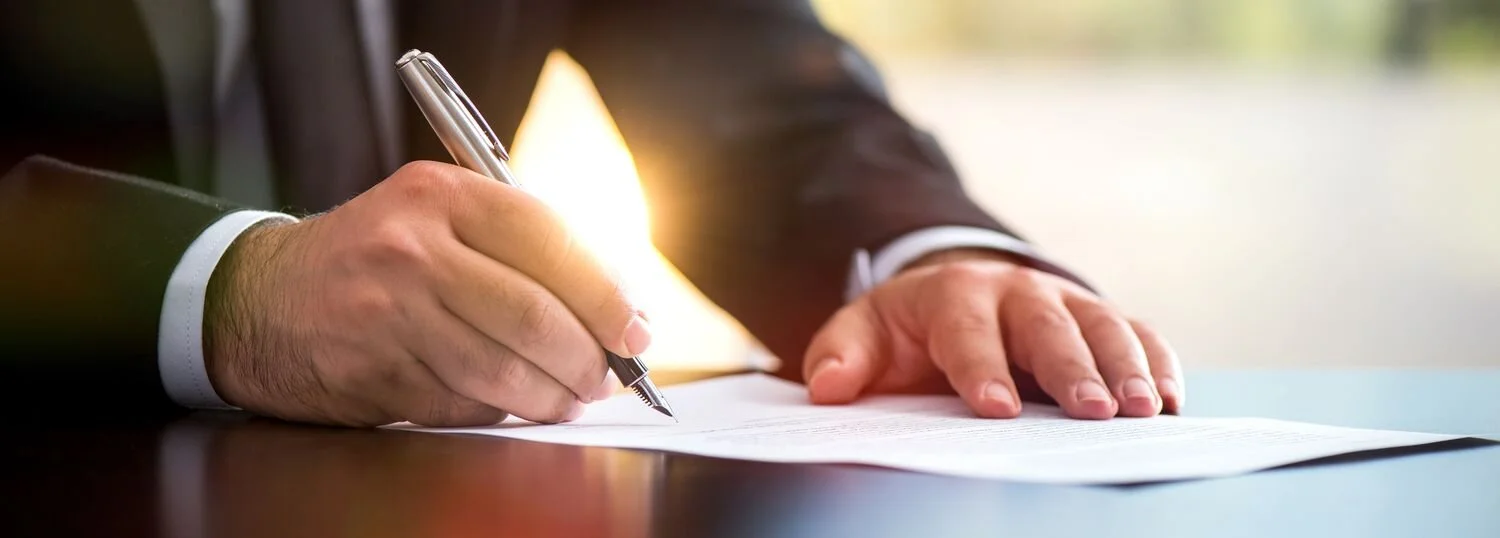According to a survey conducted earlier in 2019, only 40% of American adults have a Will or Trust. That percentage drops dramatically for younger age groups. For example, only 19% of people ages 18-34 have a Will or Trust.
So what’s the big deal?
As Baby Boomers pass away, experts predict that over $68 trillion (with a ‘trill’) in wealth will be transferred over the next 25 years. And the estate planning of those Boomers will control where all that wealth goes.
Despite the hugeness of those numbers and the importance of estate planning, it is easy to procrastinate when it comes to actually setting your affairs in order. Here are the top 7 reasons (in no particular order) people give us to explain why they delay estate planning:
1. “I’m too young.”
First of all, you are never too young to have an estate plan. I wrote a series of articles specifically geared toward estate planning for Millennials. (Or you can substitute “Millennials” for “Gen Z” or whatever weird thing we are on now.)
Whenever young people say “I don’t have enough assets for an estate plan” or “I’m going to wait until I have a family,” what they are really saying is, “I don’t plan on going anywhere anytime soon.” Because young people don’t die, they live forever.








